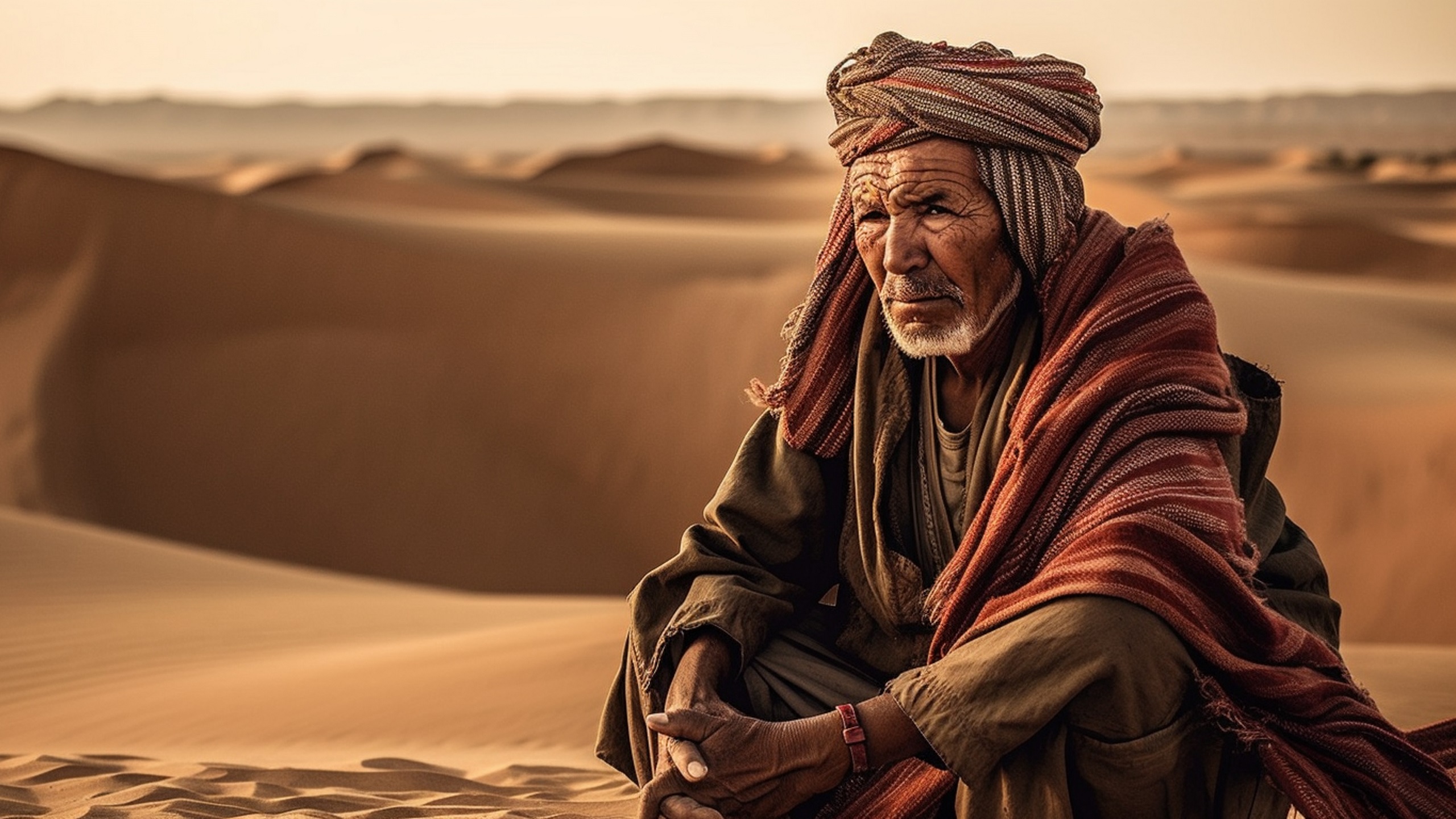Indigenous Peoples Face Long Road of Obstacles as UN Marks Awareness Day
A look at the global struggles Indigenous peoples are facing as the UN marks International Day of the World’s Indigenous Peoples
On Aug. 9, the United Nations marked Indigenous Peoples Day, meant to recognize the many indigenous communities around the world and their efforts to preserve their heritage, promote equality, and continue their rich cultures.
There are estimated to be around 476 million indigenous people worldwide, according to the UN. They live in 90 different countries and represent around 5,000 different cultures, speaking an estimated 7,000 different languages.
Indigenous peoples account for less than 5% of the world’s population but make up 15% of the world’s poorest. For centuries, these communities have sought recognition of their culture, territory, and way of life, but have had their rights violated and much of their identity stripped away. Indigenous peoples are three times as likely to live in extreme poverty than the rest of the population, and 47% of all employed indigenous people have no formal education.
A study by the Environmental Protection Agency (EPA) in the US found that a history of colonization has harmed the mental health of many Indigenous communities.
“Many Indigenous peoples already have trauma from colonization, removal from their homelands, and loss of traditional cultural practices,” the 2022 report stated.
On top of these disadvantages, Indigenous peoples also bear the brunt of the effects of climate change. Some coastal tribes have been forced to relocate after rising sea temperatures harmed the normal fishing ecosystem, and as wildfires become more intense, some tribal lands are burned to the ground or burdened with intense drought and dust storms.
“In many Indigenous communities, relationships among people, wildlife, and the natural environment are important to mental and spiritual health,” the EPA report stated. “A changing climate is disrupting these connections and threatening social networks and knowledge-sharing.”
Many indigenous youths are already experiencing identity crises in a rapidly changing world. The cultures in which they were raised are being continually pushed to the margins of society. Some have taken it upon themselves to harness new technology and try to develop strategies to preserve their heritage. Developments in sustainability can help preserve the planet, and in turn, help Indigenous peoples thrive in their homelands.
But the work to preserve these cultures continues. The UN hopes to raise awareness of the struggles Indigenous peoples are facing through its recognition of International Day of the World’s Indigenous Peoples. This year, there was a ceremony in New York to observe the international day and encourage people to support Indigenous communities however they can.
Patrick Doyle is a recent graduate of San Diego State University and an intern in The Media Line’s Press and Policy Student Program.


